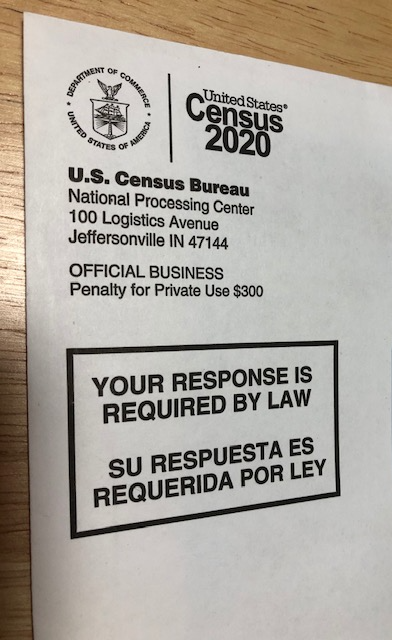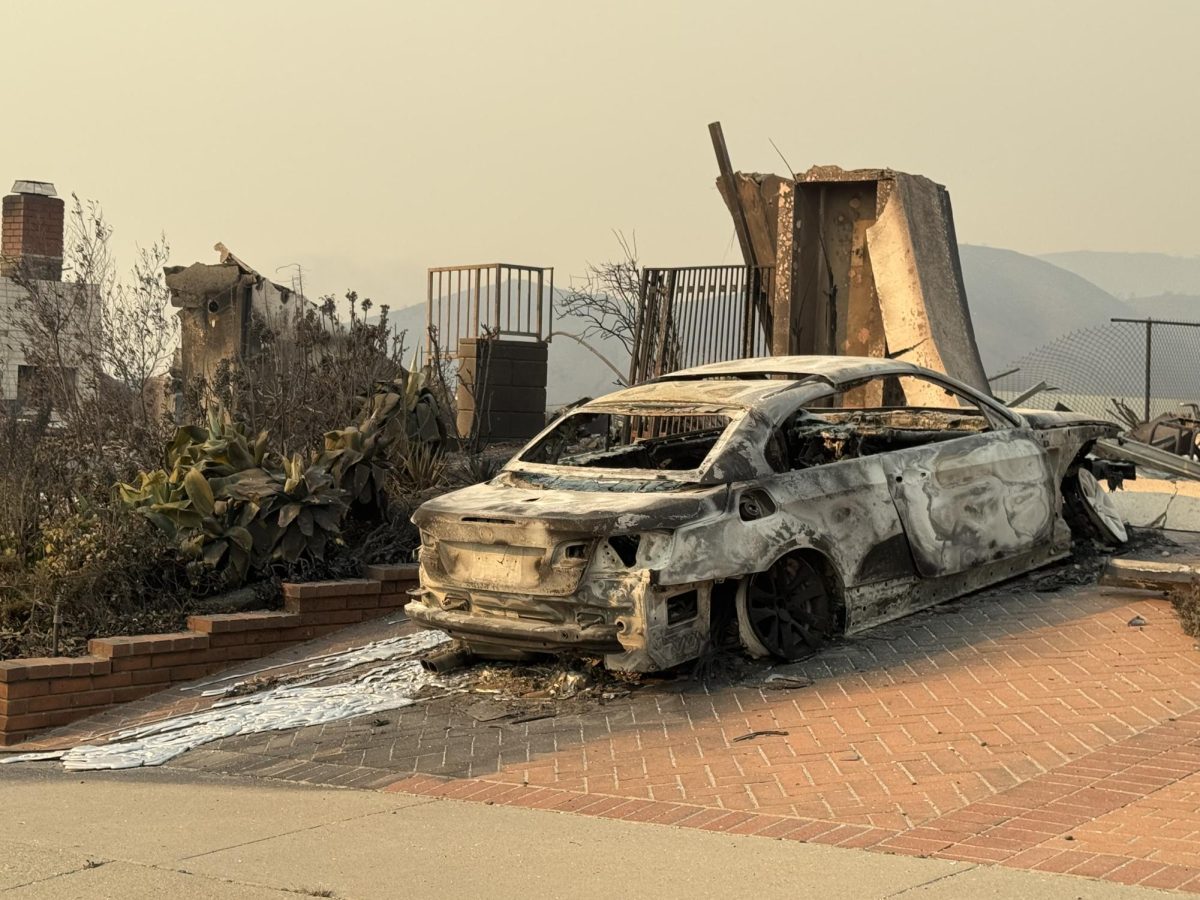Every 10 years in the United States, something spectacular happens. It’s like fireworks on the Fourth of July but with more of a “wow” factor. It packs more of a punch than 20 year old Mike Tyson. It’s as American as apple pie and as important as almost any political process. It’s the National Census.
Every 10 years, every person in the United States is counted, their personal data collected, and their information used by all levels of the government. With this information, the government is able to determine how to allocate its budget, the number of congressional representatives per state is decided, and the number of electoral votes per state is established.
The census provides a wealth of new data for analysis by political scientists, sociologists, and historians. In turn, the census has the power to determine the political makeup of congress and alter the results of a presidential election. And with the presidential elections quickly approaching this November, the importance of the census cannot be overlooked.
The census has been taken once a decade in the United States since 1790. Article 1, Section 2 of the Constitution directly states that a census must be taken every 10 years (“The actual enumeration [of population] shall be made within….every subsequent term of ten years”). The census is an institution in the United States as historic as the presidency itself. And although the national and international community is facing a crisis of generational significance, the National Census Bureau has no plans to cancel its necessary decennial tradition.
Since 1930, the Census has started on April 1, with workers going to houses and manually collecting the data. This year, the manual census has been delayed, with workers expected to begin so-called “Nonresponse Follow Up Operations” as soon as April 9.
According to Jeff Isola, the AP Government teacher at Archbishop Riordan High School, “It wouldn’t make much sense to move the census back, especially since the intent this year is to complete it through online surveys. Many people have already completed the survey, and to delay it may mean a costly restart to the entire process.”
Beginning mid-March (the 12th to the 20th), the Census Bureau started to send invitations for households to fill out their information online. In areas less likely to respond online, paper questionnaires will be sent out with pre-paid postage envelopes, which are expected to arrive between April 8 and April 16.
Even with the COVID-19 pandemic, Census results are still expected to be released on time, coming out on or by Dec. 31, 2020.
The coronavirus has brought the world to a halt. The streets are empty, everything is shut down, and social isolation has become commonplace. It has stopped some of the most prominent events, activities, and occasions in the world. But it won’t stop the census.














ottilie valverde • Mar 30, 2020 at 6:17 pm
Great article: informative and entertaining at the same time. Fun to read, and something to think about. Thank you!